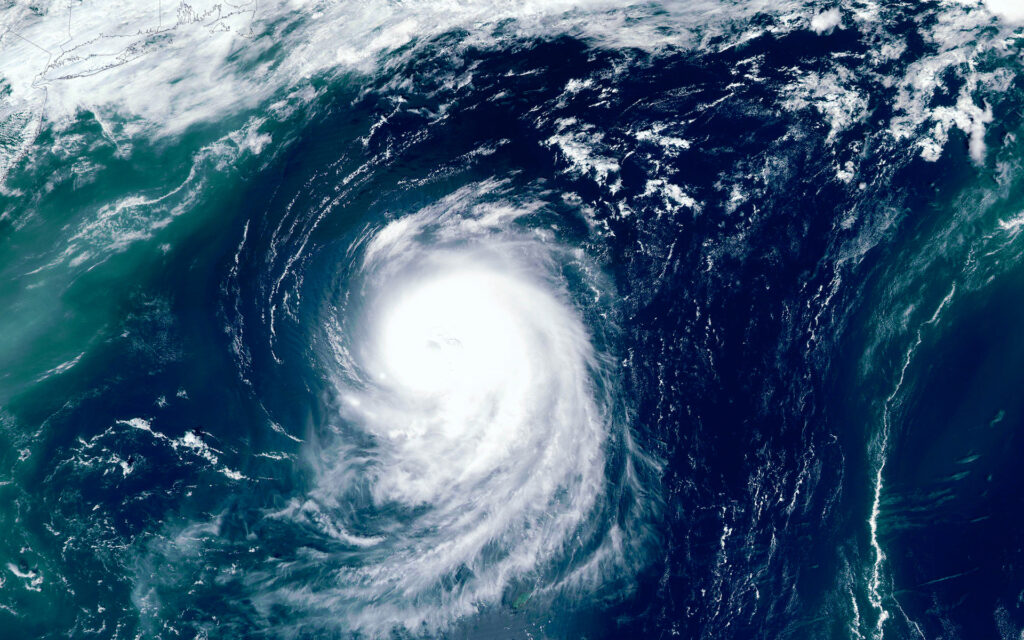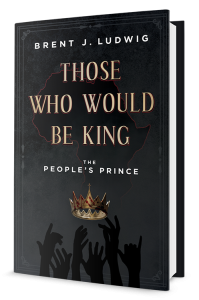Freddy Is A Nightmare in Malawi, Not Just A Horror Flick Killer

Super typhoon over the ocean. The eye of the hurricane. View from outer space Some elements of this image furnished by NASA (via Shutterstock)
Cyclone Freddy slammed Malawi, the world’s fourth poorest country, not once, but twice. Just over a week ago, the world’s most powerful cyclone (in terms of accumulated cyclone energy over the course of the storm) wreaked celestial havoc in the southern part of the country; at last count, over 500 are dead, and hundreds of thousands left homeless.
This is truly a very sad tragedy. And of course, the call for relief goes out.
Malawi Relief
“We need immediate help,” he (President Lazarus Chakwera) told Al Jazeera on Thursday from outside a camp in Blantyre, Malawi’s commercial capital and one of the areas hardest hit. “We need helicopters now that [the storms have] cleared off somewhat so that we can airlift some foodstuffs and other equipment.”
After suggesting that climate change was responsible for the cyclone (it isn’t Malawi’s fault), the President then went on to say, “What is happening to us can happen to anyone, anywhere,” he said. “Let the world come in and help Malawi because we cannot afford to be going backward instead of forward in terms of all the provisions that Malawians need.”
There you have it. The call for help. Currently, it is estimated that 50% of the governmental spend in Malawi already comes directly from foreign largesse. And now the country needs more. Lots more. And having travelled to and spent time in Malawi, the plight of these kind, welcoming, and beautiful people pulls on my heartstrings.
Dead Aid Kills
That is, of course, what Baroness Dambisa Moyo and many others firmly believe. The dependency on foreign aid disincents change that could otherwise solve the underlying problems that cause, contribute to, or exacerbate, economic and humanitarian catastrophes.
What would Dr. Moyo say to helping Malawi?
Is Humanitarian Aid OK?
Even the hardest hearts among us might differentiate between economic aid (such as financing the building of infrastructure like roads and hospitals) and humanitarian aid such as is needed when the real-life horror show Cyclone Freddy comes knocking.
Surely the proponents of ending aid would not hesitate to encourage relief aid when hundreds have died, hundreds of thousands are now homeless, and there’s a risk of starvation, cholera, and other maladies in the wake of a tragedy like this. But no, many believe that the flow of foreign aid must be turned off completely, irrespective of the toll.
But certainly, Malawi has not caused climate change, and as a consequence those of us in the west and elsewhere should pay for the harm done to such an innocent bystander country like Malawi, right?
Malawi is energy poor. It is estimated that approximately only 13% of the country has access to an electrical grid, a grid that is very unreliable. Most rely on wood or coal to cook their food. And both are in direly short supply. Much of the country has been entirely deforested.
These trees, if they existed, would certainly have done more to impede the storm’s progress and reduce its energy, and further would have likely stopped many of the mudslides that killed hundreds and destroyed thousands of homes.
Poverty, and policy exacerbated this disaster. A wealthier country that had better and more reliable sources of energy wouldn’t have been as badly hit.
Accountability is Poor; Corruption is High
Sub-Saharan African countries have very high corruption index scores. Malawi itself ranked 110/180 countries on the Corruption Perception Index in 2022. Corruption is “the way it is.”
Corruption is expected, although social media is providing a new and vibrant forum for expressions of outrage and frustration. Government after government there has promised to be different and better, but are they?
The President has his hands out. He has told the world that Malawi needs help. He has blamed climate change, something out of his control. This “could happen anywhere.”
So even if one believes that a case could or should be made for a humanitarian aid exception to the “rule” against aid, what assurances might we have that the aid would get to its intended recipients? Over the years throughout the developing world, many well-intentioned aid efforts have been surreptitiously intercepted. The people for whom they were destined oft saw but a fraction of what was intended, if anything at all.
Until accountability is improved, and corruption is stamped out, one has to question the logic or efficacy of this approach. Sure, international global relief agencies do make a difference. And hopefully, they help the people who need it most. But perceptions of corruption most certainly impact the willingness of wealthier nations and people to donate.
There is a Way to Help Malawi
Various NGOs (Non-Governmental Organizations) operating in Malawi have set up emergency donation campaigns; in fact, there are also a number of relief funds that have been set up by private citizens’ groups with a high degree of openness and transparency.
Both are operating effectively and efficiently in the distribution of emergency aid. This is the best way to assist, as you are benefitting the people who need the help.
Again, There Are No Easy Answers
The people of Malawi deserve more, and they deserve better. Underlying political, social, and economic change is required to ameliorate the lives of her people. With higher standards of living and increased prosperity, much of this disaster would have been averted.
Band-Aids aren’t the answer, but the answers are indeed never easy.
How To Help
If you’d like to learn more about how to help Malawi, here are three NGOs (Non-Government Organizations) to try:
***
I look forward to sharing this journey with you. Let’s connect on Twitter, Facebook, LinkedIn, or Instagram; or my newsletter here.
Those Who Would Be King: The People’s Prince is available to order now on Amazon US! More options to come.
